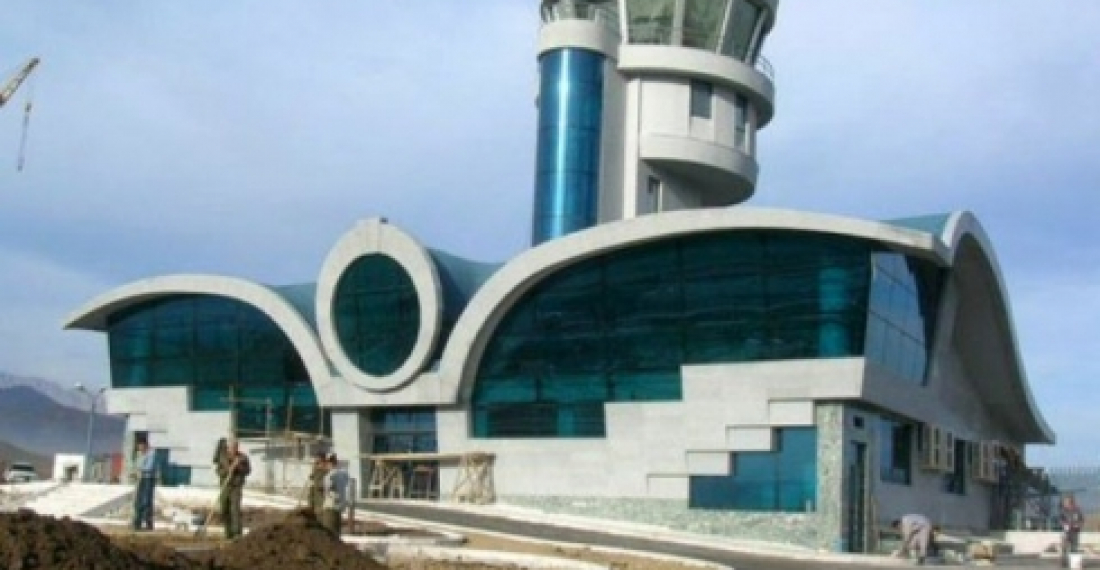The Permanent Representative of Azerbaijan at the United Nations, Aghsin Mehdiyev, has written to the Secretary General of the United Nations Ban Kyi Moon asking member states to refrain from co-operating with Stepanakert Airport whose opening is now imminent.
The spokesperson of the Azerbaijani Foreign Ministry, Elman Abdullaev, said that the Secretary General was informed "that Armenia is taking steps to operate Khojaly Airport, and illegally use the airspace over the territory of the Republic of Azerbaijan currently occupied by Armenian armed forces." Abdullaev told the Azerbaijani News Agency APA that the letter states that " Armenia intends to operate flights, including military ones, to and from Khojaly Airport (referred to by the Armenian side as 'Stepanakert airport'). Such attempts clearly display a manifest disregard for international law, undermine the peace process and aggravate regional security concerns."
The letter states that "The government of Azerbaijan wishes to inform the member-states of the United Nations that the so-called 'Stepanakert Airport' is not approved under the legislation of Azerbaijan. Consequently all flights operated from and into that airport are illegal and violate the founding principles and objectives of the International Civil Aviation Organization. Azerbaijan called on UN member-states to refrain from cooperating with 'Stepanakert Airport' and 'Artsakh Air Company'".
Commonspace.eu political editor said that the issue of the airport in Nagorno-Karabakh is likely to be the next flash point in relations between Armenia and Azerbaijan. The airport has been reported ready for operation several weeks ago and it is understood that the Armenian side is waiting for the right political moment to launch the first flights. These flights are likely to be only to Yerevan. Observers are expecting a robust response from Azerbaijan and the letter to the UN Member states is likely to be the first in a series of measures, mostly related to civil aviation issues. Azerbaijan has excluded the use of force against civilian aircraft despite some statements by junior officials that it was within its right to do so.
source: commonspace.eu
photo: Stepanakert Airport







